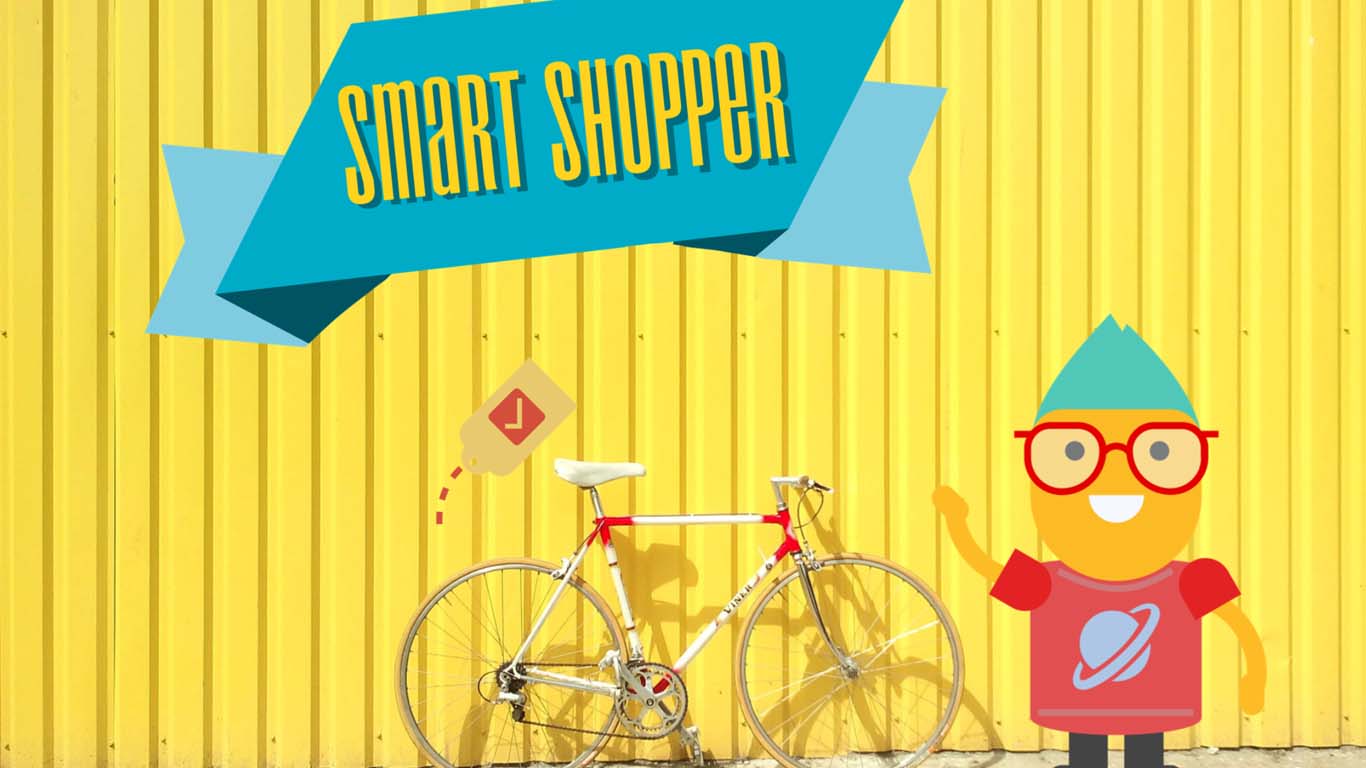
In recent years, the use of electronic devices for buying products and services has skyrocketed, with an average of three devices per citizen. But that does not mean that all users use their smartphones, tablets, and computers efficiently or even confidently.
The smart shopper is the ideal customer type... but also a fussy one and pretty difficult to impress. These clients use all available channels and sources to gather the most valuable information before making a purchase.
What is their first contact with your product?
Numbers show that digital customers are people of habits, and a good experience will make them recurring buyers. However, whether they need to compare a regular product or find a new one, diving on the Internet is the star tool, along with information obtained from acquaintances. Advertising and catalogues, although effective presence, still arouse little confidence, at least in the first approach to a brand.
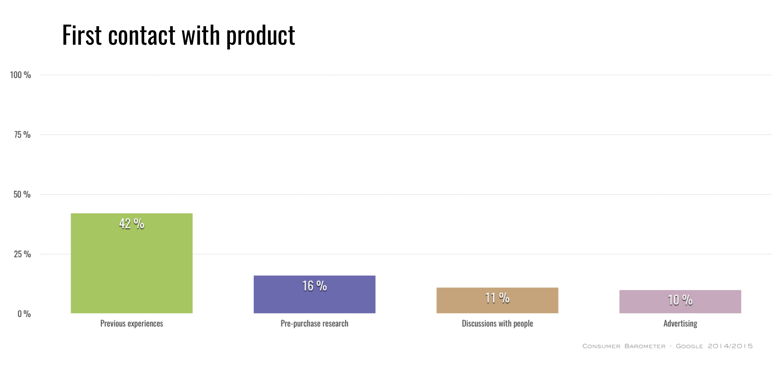
How do they get information about your product?
Since 90% of the population with access to the Internet connects at least once a day, the importance of websites is prevailing against the classic resource of browsing the physical stores. For 82% of users Internet is already the first consultation source, so it’s more important to have your eCommerce's product information in order (and for this purpose your best ally is a PIM system), than design any shop window. Other options are less popular, but that does not mean they have to be dismissed: it is vital to show your telephone, address and contact mail.
When do they start researching your product?
Being smart does not involve preparing a shopping agenda. Most users make their decisions in a very short period, so queries are also spontaneous and quick. Hire holiday packages or long-term services are the options that will take more preparation. For the rest of products and services the client needs clear and immediate data.
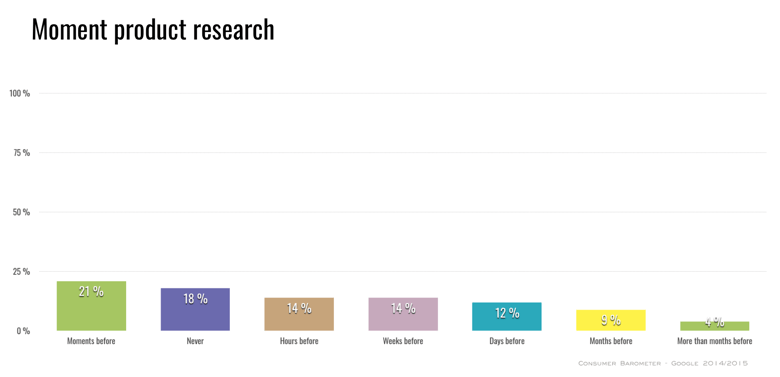
What are the most common sources of consultation?
Online channels already have a greater presence than offline ones, mainly due to their speed of consultation. In that sense, it is more common for the customer to make an initial consultation through an Internet search engine than directly visiting store or brand websites, so it is very important to monitor the positioning of your store. Despite their popularity, social media platforms have low conversion rates.
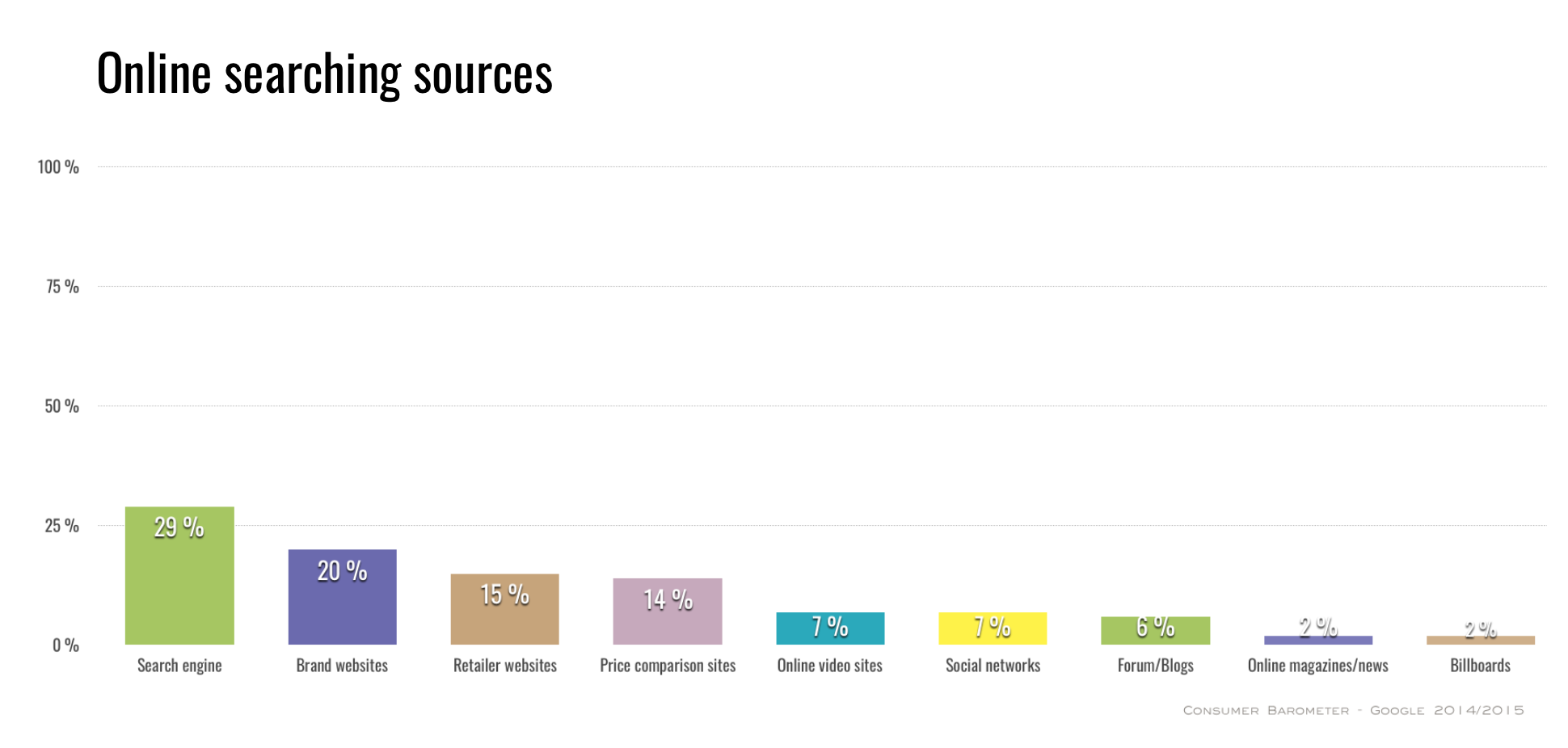
Why do they make an online search?
The great digital advantage is the comparison: we are able to go to different stores, brands and ranges of prices and products without having to travel a hundred times the Main Street. Discounts, platforms of aesthetic inspiration such as Pinterest, and reviews of strangers are other resources that customers could not get by so many offline media. Including them in your eCommerce strategy will cover all your possible fronts.
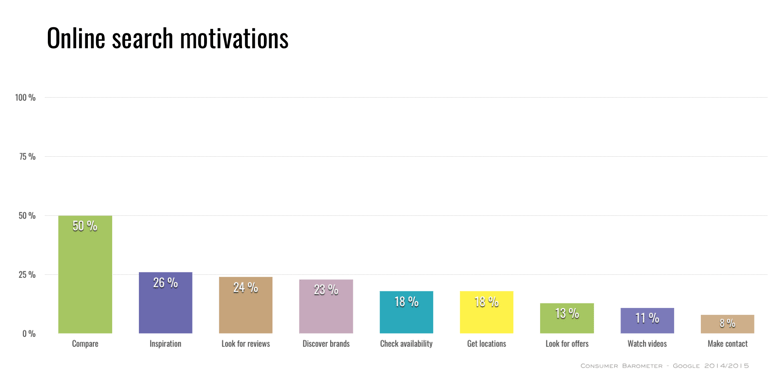
What are their motivations?
The average customer oscillates between habits and impulses, and he is more moved to take care of himself and to take advantage of offers than to make purchases for work or other persons. You should surround the online experience of that personal element, as if any purchase were a deserved and accessible treat.
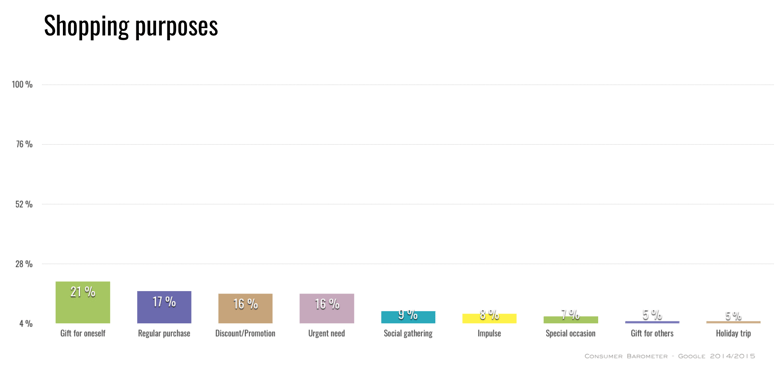
Where do they complete the purchase?
For many users, online sources favor the consultation, but not the purchase. Many processes will be completed in store, either buying there or ordering the shipment to store, due to free shipping. In the case of online shopping, the computer is still the device that arouses more confidence.
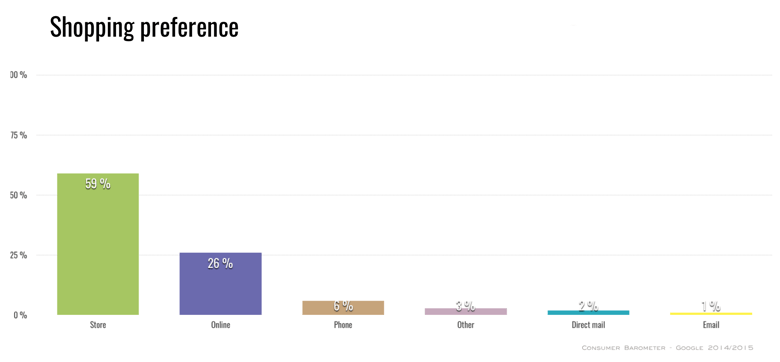
What do they do after the purchase?
Digital education in eCommerce is still not very interactive, and most users declare that they do not share their impressions and experiences after the purchase. Sharing is usually more common after a negative experience, which raises the debate around online reviews, an option that many stores do not even facilitate to avoid bad reviews. Favoring the dialogue is the most intelligent decision, especially for this type of client who relies much more on collecting user opinions than consulting a clerk or an expert.
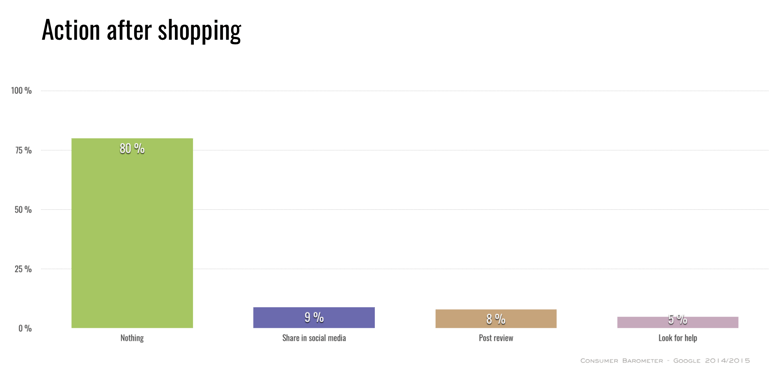
Don't miss all you need to know about...


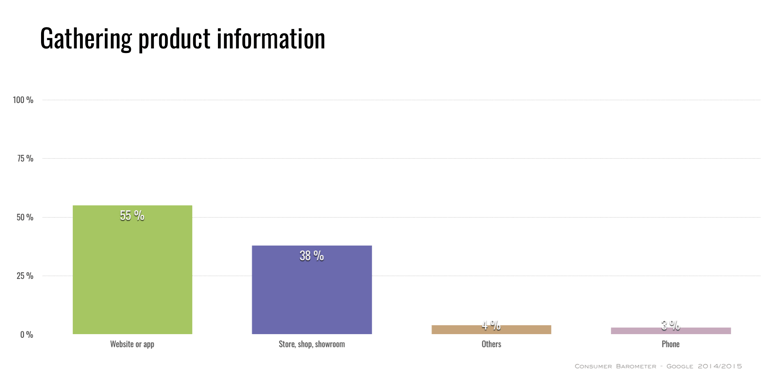





.png?width=520&name=Blog%20Partner%20(3).png)

.png?width=520&name=Blog%20Partner%20(1).png)
